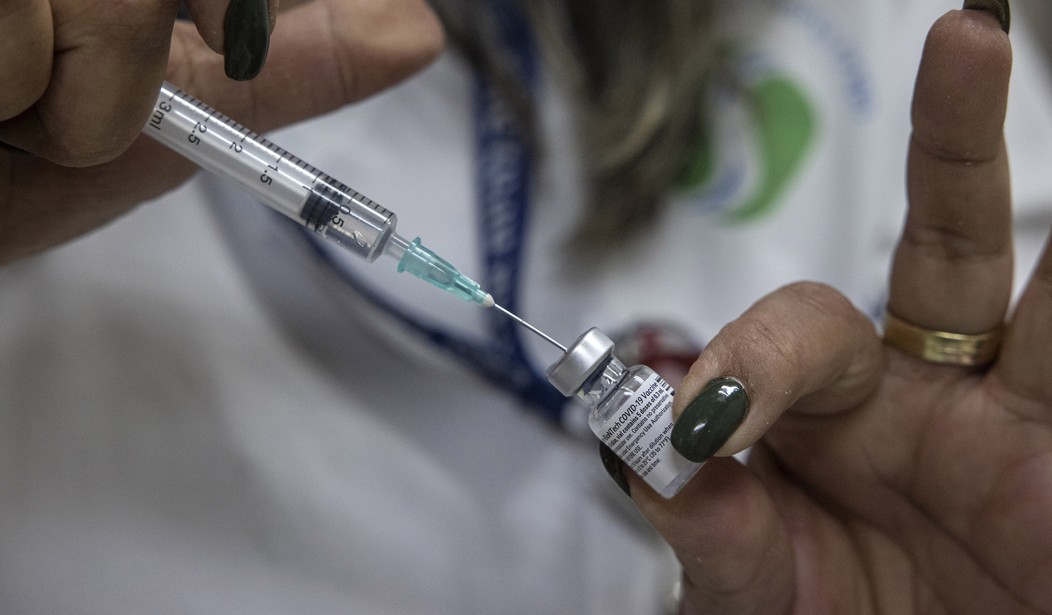The Occupational Safety and Health Administration (OSHA) quietly updated its website over the weekend to adjust its policy on whether adverse effects from an employer-mandated COVID-19 vaccination should be counted as a recordable workplace injury.
On Friday, the agency's guidance released April 21st, which stated that adverse reactions from employer-mandated vaccinations are "work-related," remained in effect.
From National Law Review:
If an employer requires its employees to be vaccinated, adverse reactions to the vaccines are considered “work-related” by OSHA. Employers who require COVID-19 vaccines must notify OSHA within 24 hours of an employee’s inpatient hospitalization (or within eight hours of an employee’s death) resulting from an adverse reaction.
For employers subject to OSHA’s recordkeeping requirements, if the adverse reaction meets other general recording criteria (e.g., days away from work, restricted work or transfer to another job, or medical treatment beyond first aid), the reaction must be recorded on the employer’s OSHA 300 log, even if it does not lead to hospitalization. For example, if an employee uses a sick day because of fever and chills following administration of the vaccine, the reaction must be recorded. On the other hand, if an employee merely requires over-the-counter medication to ease soreness at the injection site, the action need not be recorded.
Recommended
Here's a screengrab of OSHA's guidance from Friday, via Google's Wayback Machine:

On Saturday, however, the agency took an entirely different approach.
DOL and OSHA, as well as other federal agencies, are working diligently to encourage COVID-19 vaccinations. OSHA does not wish to have any appearance of discouraging workers from receiving COVID-19 vaccination, and also does not wish to disincentivize employers’ vaccination efforts. As a result, OSHA will not enforce 29 CFR 1904’s recording requirements to require any employers to record worker side effects from COVID-19 vaccination through May 2022. We will reevaluate the agency’s position at that time to determine the best course of action moving forward.
After an initial surge, voluntary vaccination rates have hit a wall, and the powers-that-be are desperate to get things rolling again. But should they be? At this point, 73.7% of the population of over-65 Americans have been fully vaccinated against COVID-19, and 85.2% have had at least one dose. These are the most medically vulnerable to the virus, and this rate, along with seasonality and natural immunity, has resulted in plummeting death rates across the country.
Still, one can understand the desire to continue to get vaccination rates up. However, there is a fine line between enticement and coercion. Employers forcing employees to undergo a medical procedure against their will is bad enough, but the government going on to release those same employers from having to pay for any negative effects from that procedure seems like a whole other level of insane.
WTAF??
— Dr Ah Kahn Syed (@arkmedic) May 23, 2021
So, if your employer (US) mandates you to have an experimental therapy they now think they can escape recording any adverse events?
Looks like it's class actions then. pic.twitter.com/sWqJ1QwmGi

























Join the conversation as a VIP Member